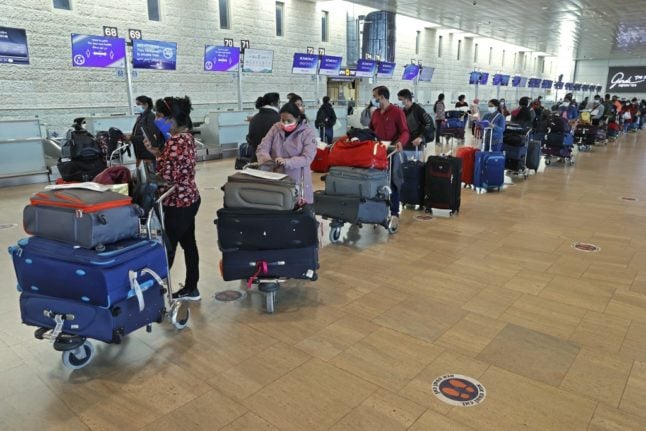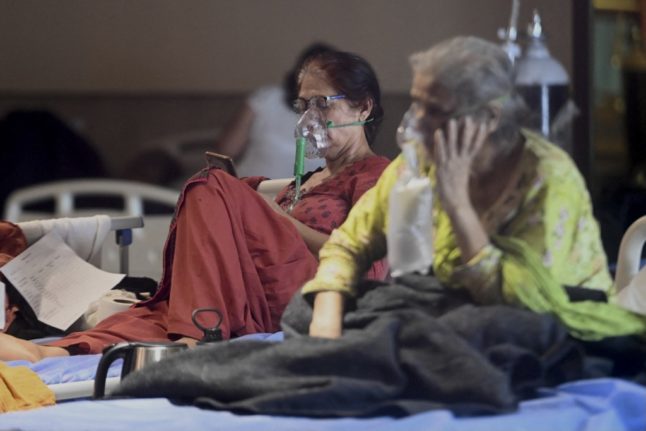"It has been concluded that care of the two children should be awarded to the brother of the children’s father enabling him to take the children back to India," said the Child Welfare Service in Stavanger in a statement.
The proposed solution will be presented to Stavanger district court, with a provisional court date set for March 23rd.
The family had asked for an uncle, Kolkata-based Arunabhas Bhattacharya, to be given custody of three-year-old Avigyan and one-year-old Aishwarya.
Anurup and Sagarika Bhattacharya lost custody of their children after officials in Stavanger, south-western Norway, objected to their feeding the children by hand and sharing the same bed, according to press reports.
These are common practices in India, where they are seen as part of the bonding between mother and child.
The welfare services have refused to detail why the children were removed, citing confidentiality, but have said such moves are made only in situations that endanger the child or where the child's needs are not sufficiently met.
The case has stirred emotions in India and took on a diplomatic dimension last month when Indian Foreign Minister S.M. Krishna demanded that Norway "find an amicable and urgent solution."
India on Monday sent a special envoy to Oslo to meet the Norwegian foreign minister and other officials to discuss the case.
The two children were removed from their parents in May last year by the Norway's Child Welfare Services, which deemed they were not receiving proper care at home in Stavanger.
The parents, Norwegian residents Anurup and Sagarika Bhattacharya, have rejected the allegation and are fighting to return to India with their children.
The Indian government has told Norway that the children are being deprived of the benefits of being brought up in their own cultural and linguistic environment and should return to India as soon as possible.
On February 17th, the Norwegian authorities allowed the parents to see their children for the first time in three months.



 Please whitelist us to continue reading.
Please whitelist us to continue reading.
Member comments